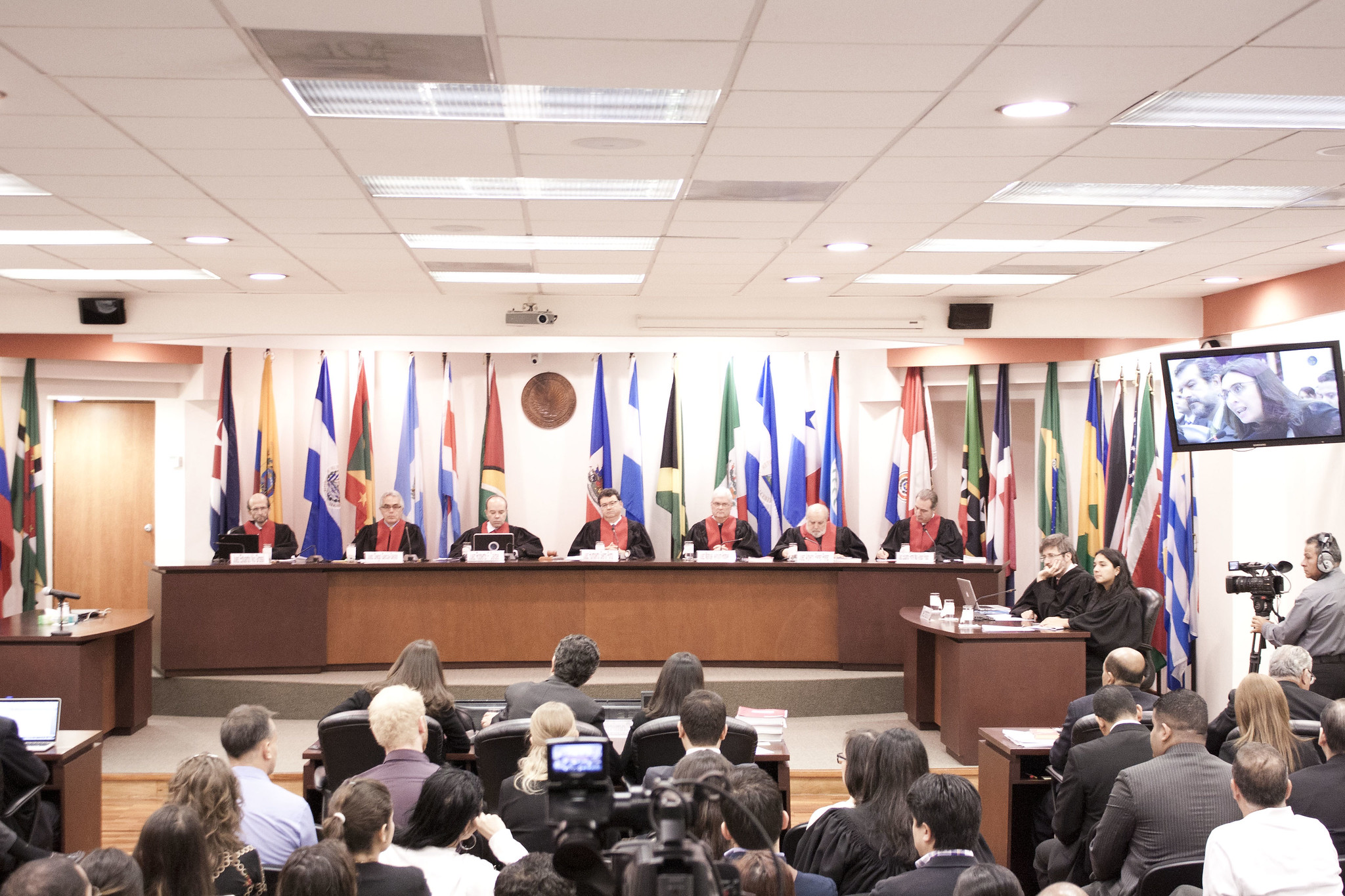The director of Complejo Editorial Alfredo Maneiro (CEAM for its initials in Spanish), the Venezuelan state enterprise in charge of selling newsprint to print media outlets in the country, was sued for what the complainants said is the discriminatory allocation of newsprint paper that caused newspaper El Carabobeño newspaper to end its print edition, according to information from the NGO Espacio Público.
Telesur – the cable news channel that is backed by several Latin American countries and has broadcasted from the Venezuelan capital since 2005 – will stop public and free transmission in Argentina after that country’s government starts the process to give up its share of the media company.
Due to a lack of newsprint, regional newspaper El Carabobeño in the state of Carabobo, Venezuela stopped circulating its print edition after 82 years. The paper reported the news in an editorial in which it qualified the event as a “blow to freedom.”
The director of Venezuelan newspaper Correo del Caroní, David Natera Febres, was sentenced to four years in prison for crimes of defamation and injuria related to reports published in 2013 that denounced cases of corruption in a state mining company, reported nonprofit organization Espacio Público. Natera Febres was given 10 days to appeal the decision.
The Organic Telecommunications Law could change in Venezuela after José Gregorio Correa, a member of Congress for the Democratic Unity Roundtable (MUD by its initials in Spanish), presented a reform proposal before the Communications Media Commission of the National Assembly.
The 86 newspapers that are part of the Regional Chamber of Venezuelan Newspapers were declared to be "in emergency" after the organization learned that there is no paper to continue operations, according to the newspaper La Nación in the Venezuelan state of Tachira.
Venezuelan authorities are working to determine the motive behind the killing of journalist and government press officer Ricardo Durán.
Since 2009, Venezuela's National Assembly chamber had been closed to journalists during sessions. That changed on Jan. 5 when, after a six-year absence, media workers from national and international press outlets were allowed inside to cover the swearing in of members of the country's new legislative body.
The protagonists during Venezuela's Dec. 6 parliamentary elections were new digital platforms and social networks that became the principal vehicles through which media, nonprofit organizations and citizens received and provided information.
Covering parliamentary elections occuring on Dec. 6 in Venezuela has become a major challenge for national and international journalists.
Venezuelan media and transparency advocates have launched platforms to ensure that voters in the Dec. 6 parliamentary elections have an outlet to report irregularities in the electoral process.

The Venezuelan Supreme Court said that a recent ruling by the Inter-American Court of Human Rights to restore the license of RCTV was “unenforceable.” The decision of the I/A Court in the Case of Granier and et al. (Radio Caracas Television) vs. Venezuela, considered that the State of Venezuela violated the rights to freedom of expression and due process of managers, journalists and other employees of Radio Caracas Television (RCTV), and ordered the State to restore the channel’s signal and compensate the victims for damages.